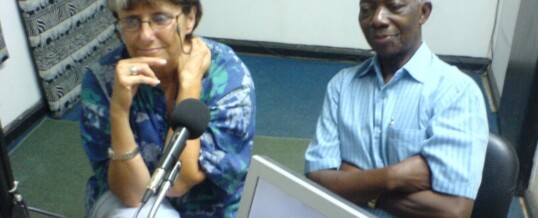
With rapidly rising electricity costs in Zambia (this year will see more than a 50% rise) this, from CNN, is the future:
“In rural communities of Africa, where more than 95 percent of homes have no access to electricity, solar energy has the power to transform lives. Globally, 1.5 billion people, one quarter of the world’s population, live without electricity, according to a United Nations report.
Those who can afford any power at all spend large proportions of their income on kerosene for lamps or travel to larger towns to charge their batteries several times a week. Burning kerosene contributes to indoor air pollution, which is estimated to kill 1.6 million people each year. Kerosene lamps also lead to fires that cause severe burns and deaths.
Solar energy saves families money as well as allowing children to study in the evenings and giving families access to information through radio and television and mobile phone chargers. Lack of access to energy is a cause of poverty, not just a result of poverty. The light from a solar-powered bulb is also between 10 and 20 times brighter than from a kerosene lamp.
Among those bringing solar power to the world’s poor is Rural Energy Foundation, a Dutch non-profit organization. It has now helped 450,000 people in sub-Saharan Africa gain access to low-cost solar power. Rural Energy Foundation runs the SolarNow program, training independent retailers and technicians in nine countries to sell low-cost solar gadgets or home systems to people without electricity.
Last month, the organization was one of the international winners of the Ashden Awards for Sustainable Energy. Willem Nolens, director of Rural Energy Foundation, said: “Lack of access to energy, just as lack of clean drinking water, is a cause of poverty, not just a result of poverty.
“Gaining access to electricity can be really life-changing. People can increase their productivity, children can study, read books and watch television, which allows them to be connected to the world. “Whole villages can become self-sufficient once someone has a home solar system.” Rural Energy Foundation supports 250 independent local retailers in Burkina Faso, Ethiopia, Ghana, Mali, Tanzania, Uganda, Senegal, Mozambique and Zambia.
2
SEP




















